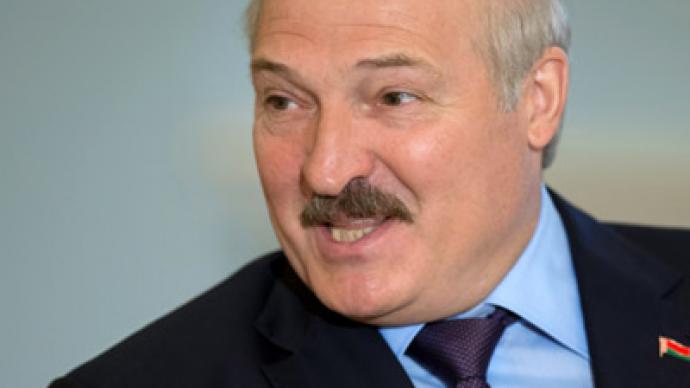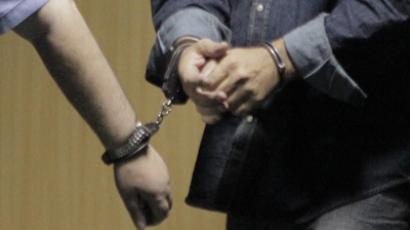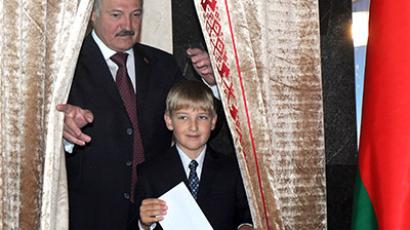‘I’m far from a Stalin’ – Lukashenko

Belarusian President Aleksandr Lukashenko has conceded he is still lagging far behind Joseph Stalin or Bolshevik Revolution leader Vladimir Lenin.
They should not be demonized, he stressed. “They were our leaders: Lenin created the state, while Stalin strengthened it,” Lukashenko stated talking to Russian journalists on Tuesday.He noted that his opinion about the two Communist leaders is different from that in Russian society. “How will we be assessed in 50 years? If a trend similar to that in the West is supported, then I would be worse than Stalin: who walked the streets, caught people, ate them – particularly women,” he noted ironically, as cited by Interfax. Europeans do not criticize their own history, Lukashenko observed. “Then why are we not allowed to be proud that we had a Soviet Empire?” he asked. The long-time Belarusian leader also dismissed attempts by Western powers to portray him as a dictator as groundless. Lukashenko reminded that in the ’90s he allowed the nuclear warheads – the legacy of the USSR – be removed from the republic. “If I were a dictator I wouldn’t let this weapon be withdrawn. It would be the best weapon,” he pointed out.If Belarus still possessed nukes, the European Union would have treated Minsk differently, Lukashenko observed. He cited Moscow as an example: the West criticizes its policies and elections, but no sanctions are considered. The comment comes just a day after the EU decided to extend for another year sanctions against Belarus over human rights concerns and failure to respect democratic principles.Lukashenko, though, links the decision with his policies and, in particular, Belarus’ good relations with neighboring Russia. The president is confident that the creation of the Russia-Belarus Union State back in 1997 was an absolutely correct and farsighted step and this union must not break up. So far “we have been unable to reach a similar depth in other cooperation projects on former Soviet soil, including the Common Economic Space and attempts to build the Eurasian Economic Union [based on the Customs Union between Russia, Belarus and Kazakhstan]," Lukashenko underlined. He admitted that over the past decade there have been ups and downs in the relations with Moscow.The sides have gone through an uneasy period darkened by disputes over energy supply prices for Belarus and the so-called Milk War, when Russia banned Belarusian dairy products, saying that they did not comply with new regulations. However, the sides managed to iron out their differences. Belarus joined the Customs Union and both states claim they see Eurasian economic and military integration as key priority. In a symbolic gesture, Vladimir Putin paid his first foreign visit after being reelected president to Minsk.“We are friends, so we can have arguments,” Lukashenko noted. “But what’s important is that we don’t bear a grudge against each other.”Belarus and Russia cannot do without each other in this “turbulent, ever-competing world,” the president believes. However, Minsk would like to see more progress in the integration processes. As for the foreign policy cooperation between the two countries, Lukashenko says he is generally pleased with it. However, it still fails to reach the level similar to that between the European Union member-states. The president suggested that Moscow and Minsk – who “do not have many friends” – should seek each other’s advice before doing something. If they “stand back to back” in a struggle, they will certainly succeed.














